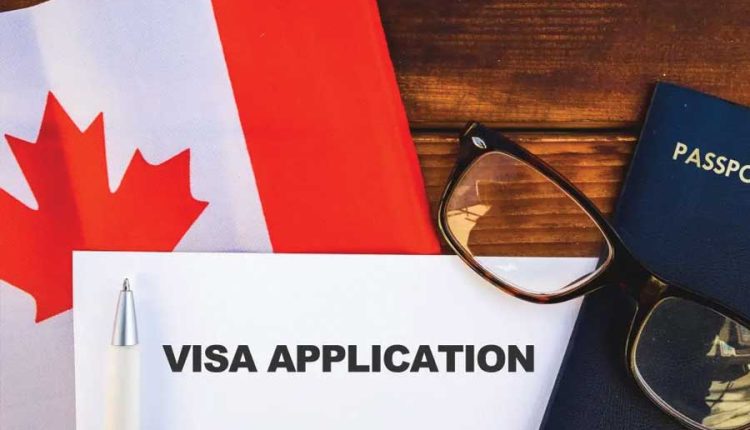Toronto: Prospective Indian students aspiring to study in Canada may face increased challenges this year, as the Canadian government has announced a significant reduction in the number of student visas issued. The decision marks a 35% decrease in international student permits, signalling a substantial shift in Canada’s immigration policy.
Prime Minister Justin Trudeau addressed the nation on Wednesday, explaining the rationale behind the visa cuts. “Foreign immigration is beneficial to our economy, but when some bad actors abuse the system and exploit students, we have to act,” Trudeau stated in a post late Wednesday. This move is part of a broader strategy to regulate temporary residency and ensure the integrity of Canada’s immigration system.
The Trudeau administration has set a target to issue 437,000 study permits in 2025, which is a 10% reduction from the 485,000 permits issued in 2024. This decision comes amid concerns over the abuse of the student visa system and the need to balance immigration numbers with economic and social factors.
Canada has long been a preferred destination for Indian students, with the country hosting an estimated 427,000 Indian learners. The Indian High Commission in Ottawa emphasised the importance of education in strengthening ties between India and Canada. “Education is a key area of mutual interest between India and Canada. We are working on strengthening our temporary residency programme and introducing a more comprehensive immigration programme to meet the demands of today’s changing landscape,” the commission stated on its website.
The reduction in student visas is expected to have a significant impact on Indian students planning to pursue higher education in Canada. Many rely on Canadian institutions for quality education and better career prospects. The cutback may lead to increased competition for the limited number of visas available, making the application process more stringent and selective.
Educational consultants and student organisations have voiced concerns over the new policy. “This reduction will undoubtedly affect the aspirations of countless Indian students who have set their sights on studying in Canada,” said Anjali Mehta, an education counsellor based in Delhi. “We need clearer guidelines and support from the Canadian authorities to navigate these changes.”
The Canadian government has also indicated that it is considering further reductions in student visas in the coming years. This ongoing adjustment reflects a cautious approach to managing international student inflow, ensuring that the benefits of foreign education align with national interests.
As Canada navigates these policy changes, Indian students and educational institutions will be closely monitoring the developments. The focus will likely shift towards enhancing the quality of applications and ensuring that applicants meet the stricter criteria set forth by the Canadian immigration authorities.
In response to the visa cuts, the Indian government and educational bodies may need to explore alternative pathways and support systems to assist students in continuing their education abroad. Collaborative efforts between India and Canada could help mitigate the impact, ensuring that the educational exchange remains robust despite the regulatory changes.
With Canada’s reputation as a top study destination, the long-term implications of this visa reduction will unfold in the coming years. Both countries stand to benefit from a well-regulated and mutually beneficial student exchange program, fostering stronger educational and economic ties.
As the situation evolves, Indian students are advised to stay informed about the latest immigration policies and seek guidance from official sources to make informed decisions about their educational pursuits in Canada.



Comments are closed.